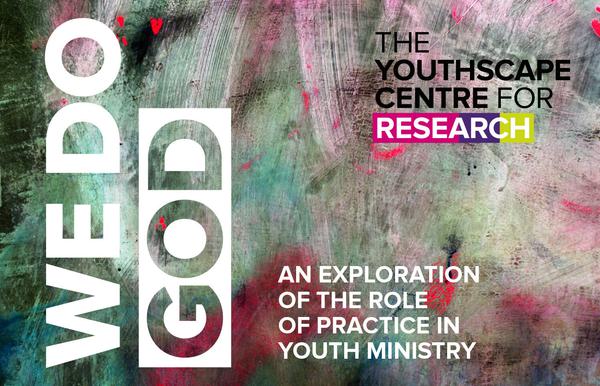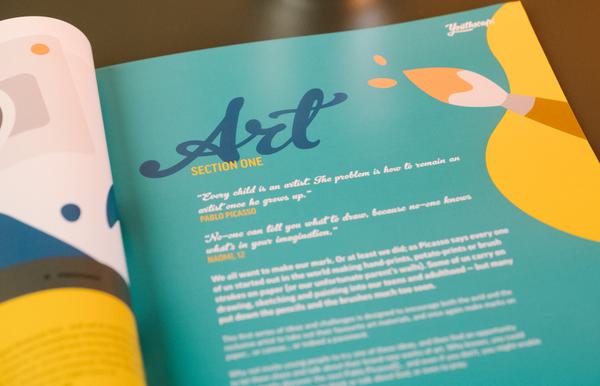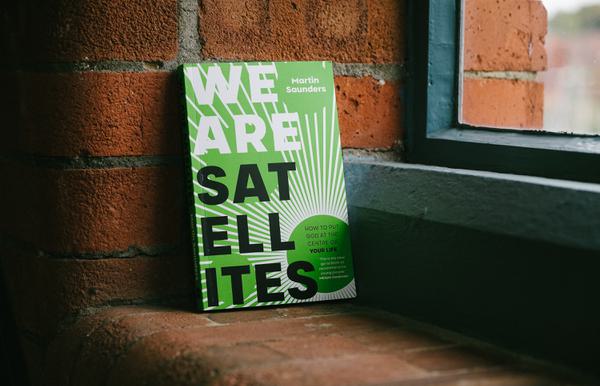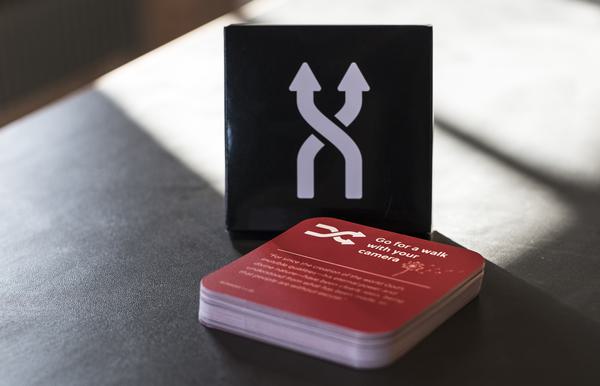Belief begets action, but action also begets belief – and the pandemic has seriously hindered that kind of active, embodied faith. How can youth leaders respond?
As we signed off the last of our Zoom youth sessions at the end of July, I couldn’t help but breathe a sigh of relief. It’s not that the term hadn’t gone well. After all, we’d managed to make it through to the end with all but one of our young people still logging on each week. We’d also managed to transition from a fortnightly meeting to a weekly one, so on paper it was something of a ‘success’. But I can imagine that, like me, you felt relieved to have a break over the summer from what has been – let’s face it – a shocker of a few months.
I’m profoundly grateful in this season to be a small church and youth group, which means that we will be able to meet up face-to-face in the near future. I know, however, that many of you will not be in this situation. Many churches, youth groups, and especially bigger events like festivals have not been able to happen and may not be able to happen for the foreseeable future. The longer the pandemic and restrictions continue, the more of an effect they will have on the formative years of teenagers’ lives.
From propositions to performance
This is true not only of their friendships, their wellbeing, and their educational prospects, but also of their faith development. Many of the young people we work with are exploring faith; we all know that the teenage years are an essential time of testing out the identity of being a Christian, and seeing if it works. It is a time for trying Christianity on for size, to see if it fits. This can be summed up by saying that faith is performative, a reality that embraces all of us who would call ourselves Christian.
Performativity is not the same as performing or pretending. Rather, it’s about acknowledging that our actions not only reflect an interior reality but actually create new realities. For example, I might struggle to believe in God. But if I begin to worship, and to sing songs about God’s reality and goodness, my belief in God might strengthen. To say that faith is performative therefore acknowledges that it’s not always a sequential process from believing in something to acting on it. Yes, belief begets action, but action also begets belief. We explored this concept in much more detail in our We Do God research, which you can find here.
Not only is this potentially true for all of us, but it seems that there is a particular move among young people towards a performative kind of Christianity. Recent studies have described a shift in the orientations of young people away from ‘propositional faith’ toward more embodied expressions of spirituality (Day 2009, Vincett et al. 2012). For a Christian teenager today, the focus has therefore shifted away from theoretical beliefs, towards action.
"We have lost the safe spaces to step out and try something new. During any other summer, at festivals across the land, countless young people may have tried raising their hands in worship, or speaking prayers out loud in front of others for the first time. These opportunities and spaces for trying things out have all but disappeared."
Helping faith take flight
Thinking back now to the pandemic and life in lockdown, this presents an additional challenge to faith development beyond simply keeping young people engaging online. What we have lost in the transition from corporate settings to a digital offering (particularly if it is a live-stream and not a Zoom) is the opportunity to participate and ‘perform’ faith. We have lost the safe spaces to step out and try something new.
During any other summer, at festivals across the land, countless young people may have tried raising their hands in worship, or speaking prayers out loud in front of others for the first time. These opportunities and spaces for trying things out have all but disappeared. Sitting and watching a live-streamed service in your living room with the rest of your family is incomparable with being surrounded by peers singing their hearts out. Many young people won’t have sung or prayed out loud at all for six months.
Without opportunities to try faith on for size, it is possible that young people’s fledgling faith will not take flight. They may feel that they don’t really believe in God anymore, and aren’t really sure why. It’s hard enough for those of us with slightly more faith miles on the meter and who have learned regular rhythms of faith practice to keep faithful in this time! We therefore need to give young people as many chances as possible, despite the limitations, to stretch their faith legs and dive in. Whether it’s via Zoom or in person, why not give your young people the chance to try new things and step out in faith?
We have several resources at Youthscape that may be a good starting point, and you can find them all at our Store:
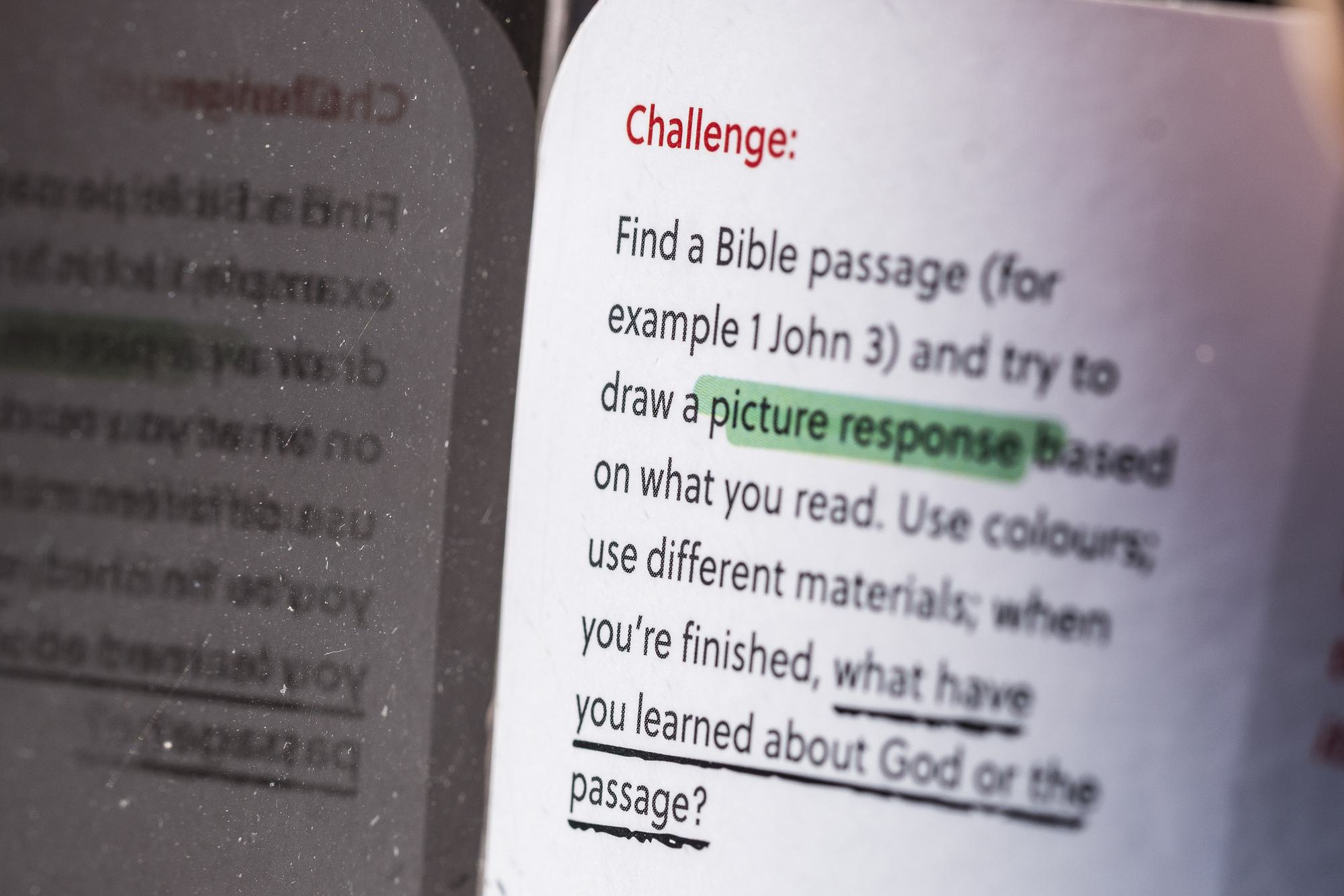
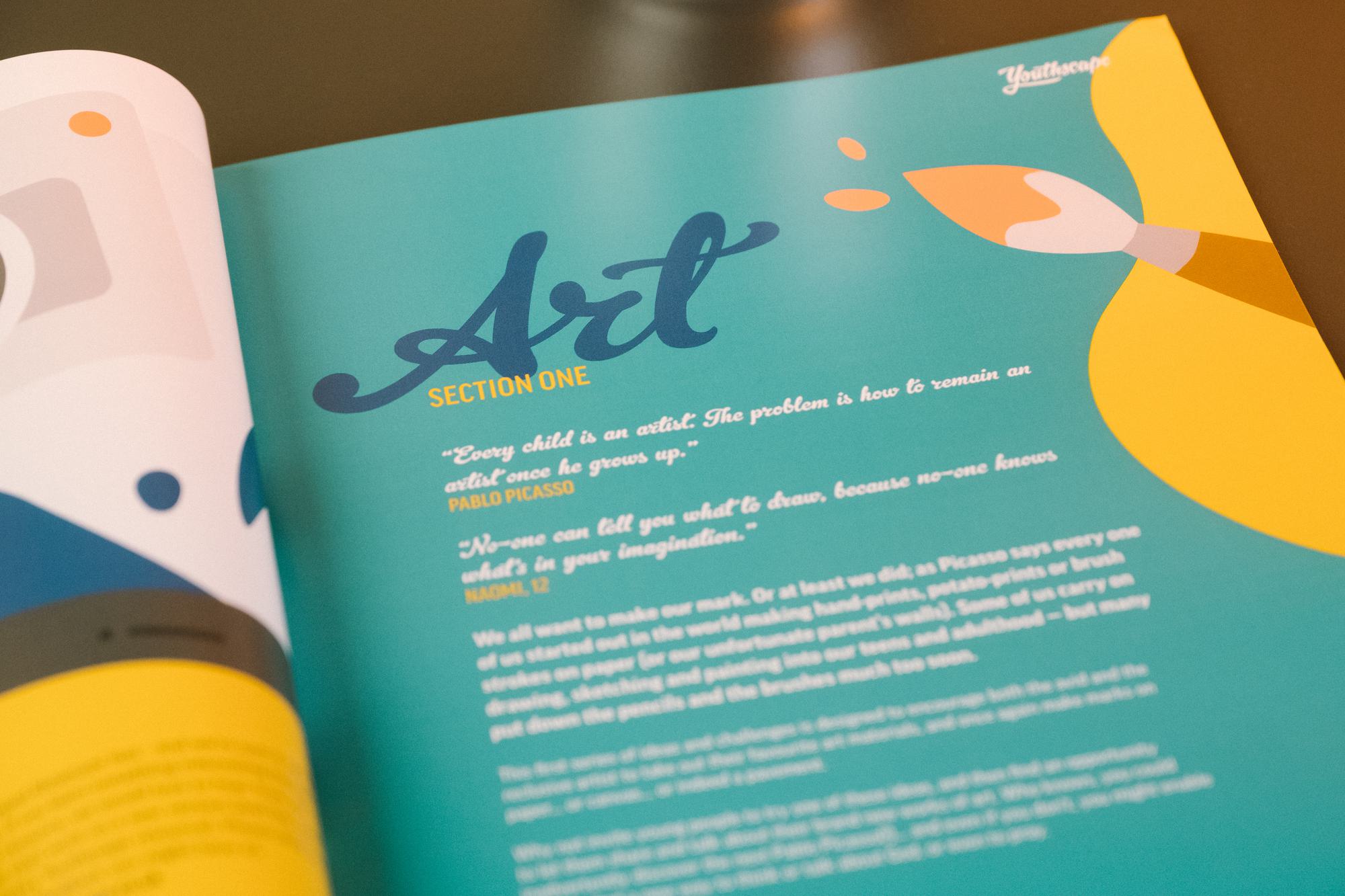
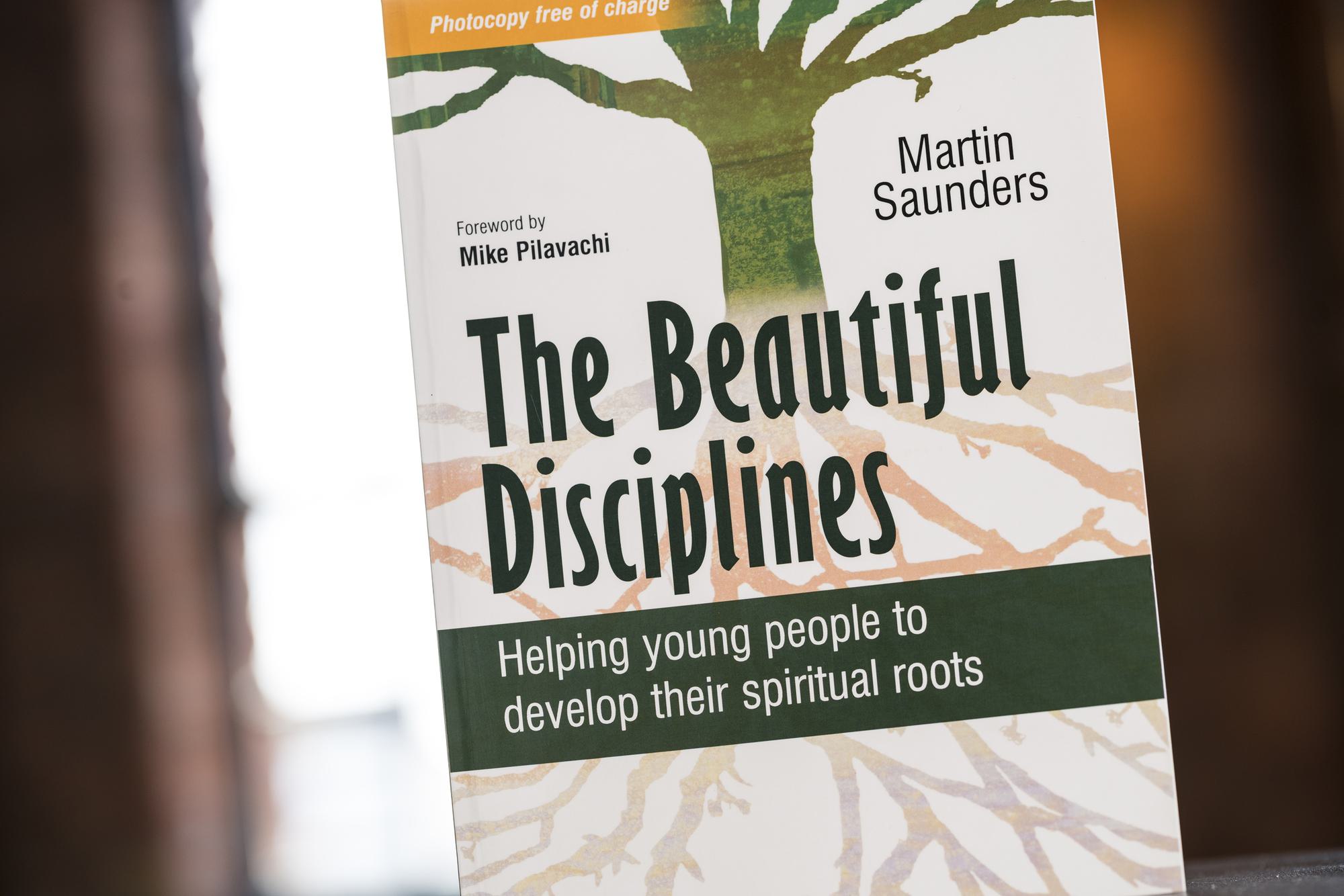
Shuffle
A six-week, card-based resource designed to support young people on their Christian journey. Each card features a task for the day which will challenge young people to explore and experience Christian faith. The tasks cover a variety of spiritual disciplines and practices, and introduces young people to new and creative ways in which they can encounter God.
Showcase
A resource packed full of ideas for exploring and expressing faith through creativity. Chapters on art, writing, food, photo/video, music/dance and construction introduce a brand-new approach to youth ministry where young people recognise their God-given creativity and think theologically about their creative gifting.
The Beautiful Disciplines
A versatile curriculum resource for Christian youth groups, taking young people through the classic spiritual disciplines. Each chapter includes a detailed explanation of a discipline, and is then supported by a session plan, discussion starter and additional resources.
We’d love to hear from you, youth leaders, on this. Has performative faith played a role in your youth work over the course of the pandemic? Have you found obstacles to that kind of embodied discipleship, or perhaps unique ways of seeing it flourish? Whether by email, or the pink smiley face in the corner of this page, our inbox is always open!





